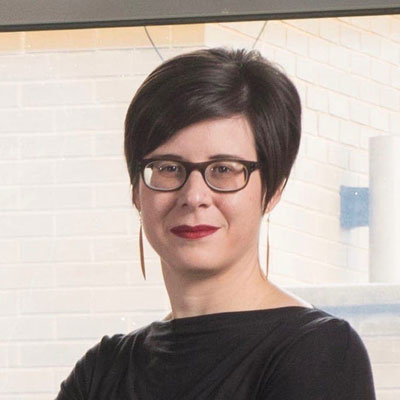Securing the Spectacle: Public Safety and the Qatar World Cup | 2024 | Events

Abstract:
How do countries conceptualize and govern public safety? Building on three months of immersive field research in Doha, Qatar in the lead-up to and during the 2022 FIFA World Cup, this paper uses Qatar as a site to explore how states define, perceive, and seek to manage public safety concerns. Drawing on first-hand observation at matches, fan events, and on public transit as well as primary source documents and posts on social media, this paper centers the idea of disorder as the core threat narrative deployed by the Qatari World Cup hosts. It compares two cases of potential disorder and examines how the public safety apparatus addressed them. First, it examines how the “Woman Life Freedom” flag, initially understood as a permitted slogan under FIFA’s human rights guidelines, was reconstructed as a public safety threat by tournament security. Second, it traces the evolution of public pro-Palestine sentiment over the course of the tournament, noting how symbols that that were initially prohibited or ambiguous under security guidelines became encouraged, sanctioned, and celebrated by Qatari and various fan groups. Third, it broadly examines crowd management practices on public transit and in public spaces.
Bio:
Sarah E. Parkinson received her PhD from the University of Chicago in 2013 and joined the faculty of Johns Hopkins University in 2016. Her research examines organizational behavior and social change during and following war. Focusing predominantly on the Middle East and North Africa, she uses social network analysis and ethnographic methods to study the ways that actors such as militant organizations, political parties, and humanitarian groups cope with crisis, disruption, and fragmentation. She has conducted extensive fieldwork among Palestinian and Syrian refugees in Lebanon and with humanitarian organizations in Iraqi Kurdistan. Parkinson’s work has been published in the American Political Science Review, Perspectives on Politics, Social Science and Medicine, The Middle East Report, and the Monkey Cage.
Parkinson holds a Ph.D. and M.A. in Political Science from the University of Chicago and a B.A. in International Studies from Johns Hopkins University. She has held fellowships at the Institute for Advanced Study at the University of Minnesota, the Institute for Middle East Studies at George Washington University and at Yale University's Program on Order, Conflict, and Violence. Parkinson serves on the Steering Committee of the Project on Middle East Political Science.
